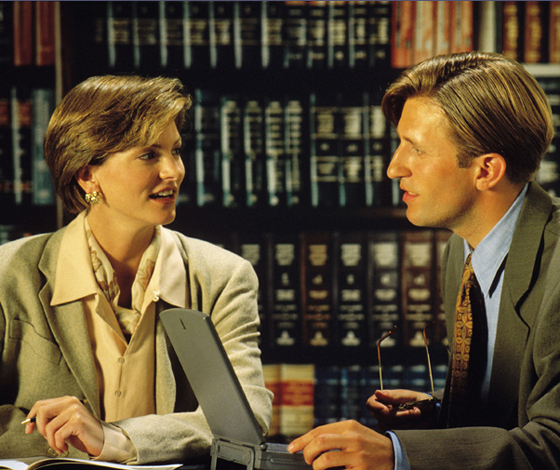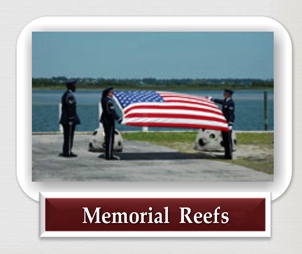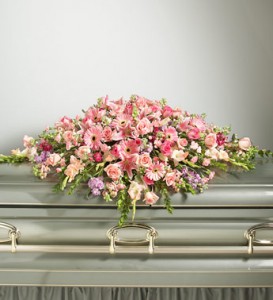COVID-19 and Advance Care Planning
COVID-19 = Special Urgency
What Special Urgency?
Isn’t it ironic that after 8 years of putting out my newsletter and talking to people about the importance of advance care planning, we are faced with a healthcare challenge of monumental proportion? One that emphasizes end of life plan reasons but, equally if not more importantly advance care planning, in many ways.
As I sit down to write my 100th newsletter, the current COVID-19 pandemic is sweeping the world and there is a special urgency to do advance care planning; by having the conversation, identifying someone to speak for you, and completing an advance directive.
Every day, there are new articles, by people who have never addressed the subject before, touting the importance of doing an advance directive and doing it NOW!
I receive calls from reporters asking for clarifications and quotes about how to make the process work. The momentum is building and hopefully people will take heed to the warning to have their conversations and complete their directives. This would be wonderful as it would be great to have something positive come out of this pandemic.
COVID-19 is a New Call to Action!
Your help is needed to continue to move the bar. If you’ve done your directive already, take a look at it and see if it is still current and meets your needs in this day and age. Update as necessary. Make certain the right people have a copy.
If you haven’t gotten there yet, now is a great time as the resources to plan a funeral, create a Last Will or Living Trust, and advance care planning, are available to make it easy for you to act.
If you still need help, don’t hesitate to get in touch with me. My contact information is below. Talk to your friends and loved ones. You know, those people whom you have mentioned it to before but who haven’t moved forward to do their plan.
Bug them, emphasize its importance. Remind them of the adage:
Failing to Plan – Is Planning to Fail!
They need this for themselves as well as their families. Equally as important, are the healthcare workers who are doing such a Herculean effort during these trying times. Make sure that they have access to people’s advance directives. This will allow them to be guided by the goals and preferences of their patients and not guessing what the best treatment course for a particular individual might be.
I have neighbors who have been very clear as to their plans. They are sheltering in place because of their ages and their medical conditions. They have made it very clear that they will not go to the hospital if they should come down with the COVID-19 virus. They feel strongly that they are at that point in their lives that they do not wish to go on the ventilator or receive aggressive care during their end of life stages. If they can survive the virus from home, great. If not, it was meant to be.
Now, let me be clear, I am not suggesting that other people should take this stance. We all need and deserve to make our own decisions whatever may be best for each of us individually. Thus, the advance directive is a critically necessary important part of your end of life planning and funeral estate planning!! Remember, it is still critically important to:
Have “The Conversation” … and … Give ‘The Gift“
Courtesy of M. Jane Markley, www.mjmarkley.com.
If you have any questions, you can contact her directly at jane@mjmarkley.com.
















